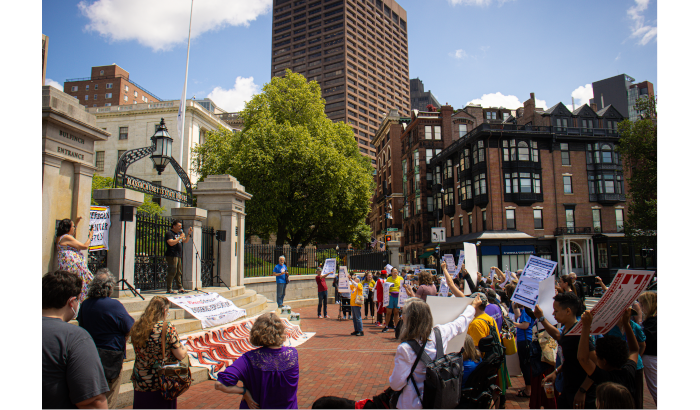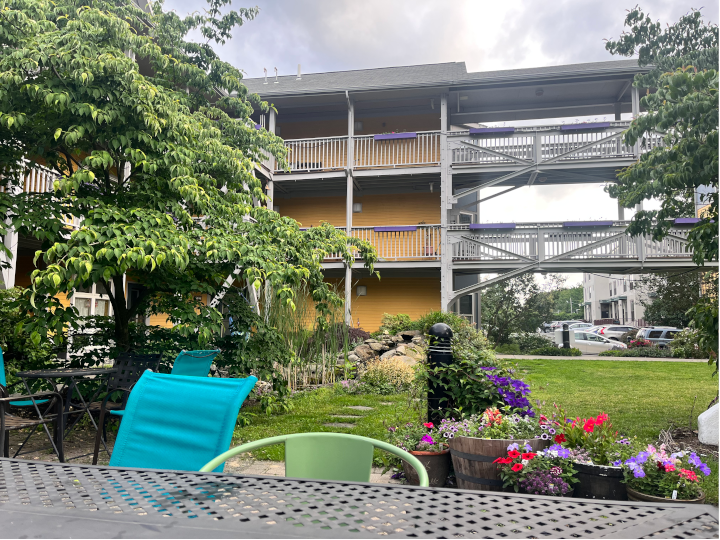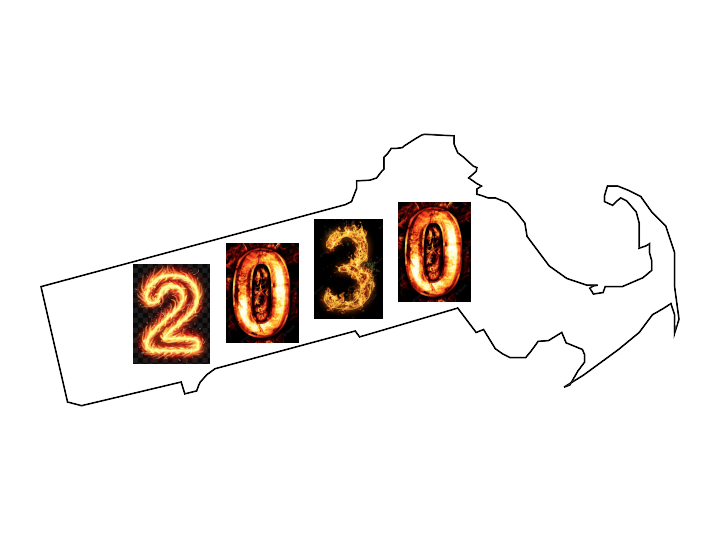“Our town is now leading the way for affordable access to plant medicine and is setting an example for our state.”
Last week, Provincetown’s Select Board voted to decriminalize psychedelic drugs, joining Cambridge, Somerville, Amherst, Northampton, Easthampton, and Salem as the seventh municipality in Massachusetts to do so since 2021.
The measure itself specifies that psilocybin mushrooms and other psychedelic plants are now officially the lowest priority for law enforcement in the town; moreover, the investigation and arrest of adults for planting, cultivating, and sharing psychedelic plants and/or fungi will no longer be permitted.
As has been the case in the prior successful decrim campaigns, psychedelic advocacy stalwart Bay Staters for Natural Medicine played a dominant role in this latest policy reform endeavor. The group’s founder James Davis said that a joint study conducted with a professor of economics concluded that decriminalization “could generate an additional $300,000 in revenue [for Provincetown] and $13.8 million in economic activity every year.”
“In late fall and winter, the model predicts that thousands of additional people each year will visit the town in the off-season to stay at local hotels, visit community stores, and enjoy the town’s cuisine,” Davis said.
Last week’s development marked a victory for grassroots psychedelic advocates across the commonwealth. Bay Staters currently has several bills proposed on Beacon Hill, including An Act Relative To Plant Medicine that would “allow adult residents to grow and share (without financial gain) a modest amount of psilocybin mushrooms with the goal of destigmatizing and educating people on their use for mental health.”
The Provincetown win also comes during a broader struggle between local organizations like Bay Staters and a PAC-funded ballot initiative campaign formally known as Massachusetts for Mental Health Options. The latter, which is pushing to get a referendum question to decriminalize the possession of psychedelics on the ballot next year, has a stated purpose “To expand mental health treatment options in Massachusetts by providing new pathways to access natural psychedelic medicine therapy.”
Over the last few months, there has been growing tension and criticism between leaders on both sides of the issue, and the Provincetown move is rooted in some of the criticisms that local activists have for New Approach, the political action committee behind the ballot measure. The federal group is identified as a “DC-based PAC” in the municipal resolution, which calls for “substituting proposed legislation with language that legalizes plant medicine services in a straightforward manner without an unelected control commission prone to regulatory capture by interests outside our communities.”
In Provincetown, residents and city leaders are particularly proud of their latest grassroots success story. “Our town is now leading the way for affordable access to plant medicine and is setting an example for our state,” said Anna Mae Meade, a member of the Visitors Service Board who played a role in its passage.
The Massachusetts Secretary of the Commonwealth is currently in the process of certifying signatures submitted by Massachusetts for Mental Health Options. A first round of submissions was flagged by the state after officials found several “disqualifying marks” on their ballots, according to reporting by WBUR.
This story is ongoing.
This article was produced for HorizonMass, the independent, student-driven, news outlet of the Boston Institute for Nonprofit Journalism, and is syndicated by BINJ’s MassWire news service.






